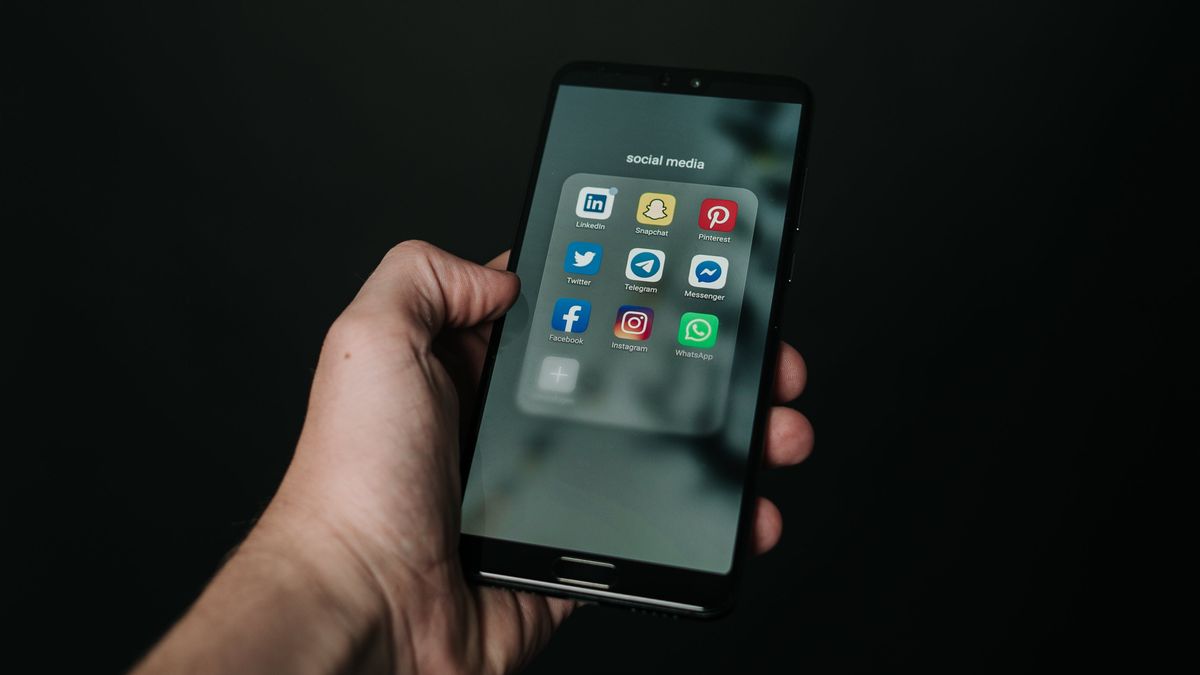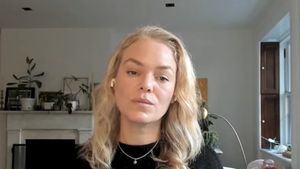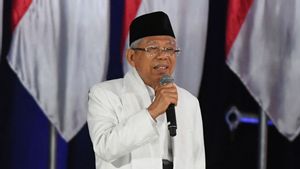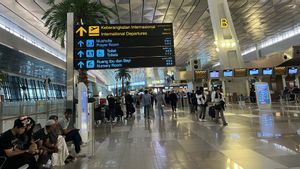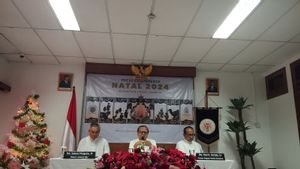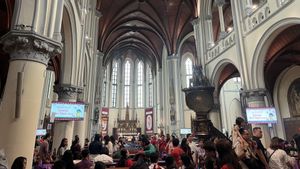JAKARTA - Alphabet, Meta, ByteDance, and Snap are trying to avoid national litigation over cases of child addiction. However, this attempt was rejected by a United States (US) federal judge.
Various litigation processes that these companies have avoided are the search for legal remedies, the provision of compensation to affected children, and the termination of alleged wrong practices filed by the defendants.
US District Judge Yvonne Gonzales Rogers, in a Reuters report, took sides with hundreds of lawsuits filed by whistleblowers. As a result of addiction, these reported children suffer from anxiety, depression, and thoughts of suicide.
The plaintiffs said they were happy with this decision. Represented by the main lawyers, namelyten Gazam, Previn Warren, and Chris Seeger, they said that Rogers' decision was a victory for families who were harmed by social media harm.
After the decision was issued, Alphabet, who manages Google and YouTube, stated that the accusations by the whistleblowers were not true. They emphasize that child protection has always been the company's priority.
Unlike ByteDance, which manages TikTok, they do not deny allegations of the impact of addiction on its platform. However, TikTok said that they have the right parental safety and control policies.
Meanwhile, Meta, which runs the Facebook and Instagram platforms, did not respond to questions from Reuters.Snap, which operates Snapchat, declined to comment.
اقرأ أيضا:
Before the decision was made, Rogers said that the entire company had no legal obligation to protect users from the dangers posed by third parties. However, claims from the plaintiffs are wider than just dangerous.
They questioned why Alphabet, Meta, ByteDance, and Snap were not responsible for faulty parental controls, did not limit device usage time for children, and were difficult to deactivate accounts.
From the theory proposed by the defendant, the failure to verify age is considered more detrimental than content consumption from third parties. This is what makes Rogers sided with the plaintiffs.
The English, Chinese, Japanese, Arabic, and French versions are automatically generated by the AI. So there may still be inaccuracies in translating, please always see Indonesian as our main language. (system supported by DigitalSiber.id)
